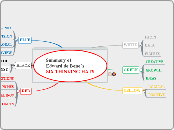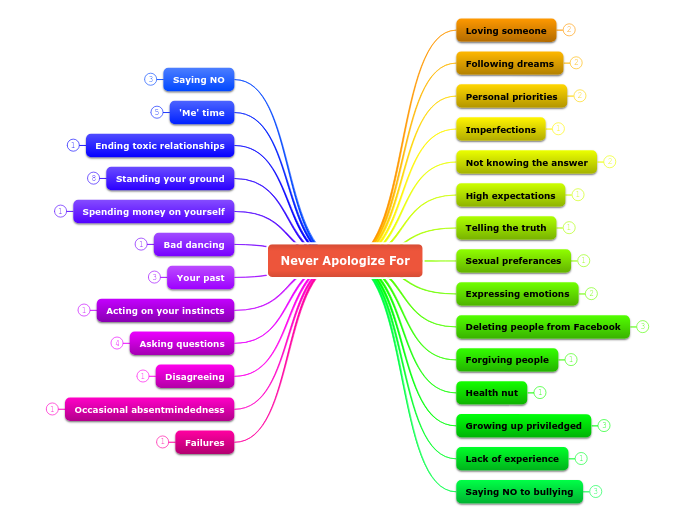av Lauren Sneath 4 år siden
239
FEAR OF FAILURE By Lauren Sneath
Amy's intense fear of failure, stemming from her perfectionist tendencies, triggers a series of extreme emotional responses and actions. Her resentment towards Hilary, who slightly outperforms her academically, showcases her inability to cope with even minor imperfections.









